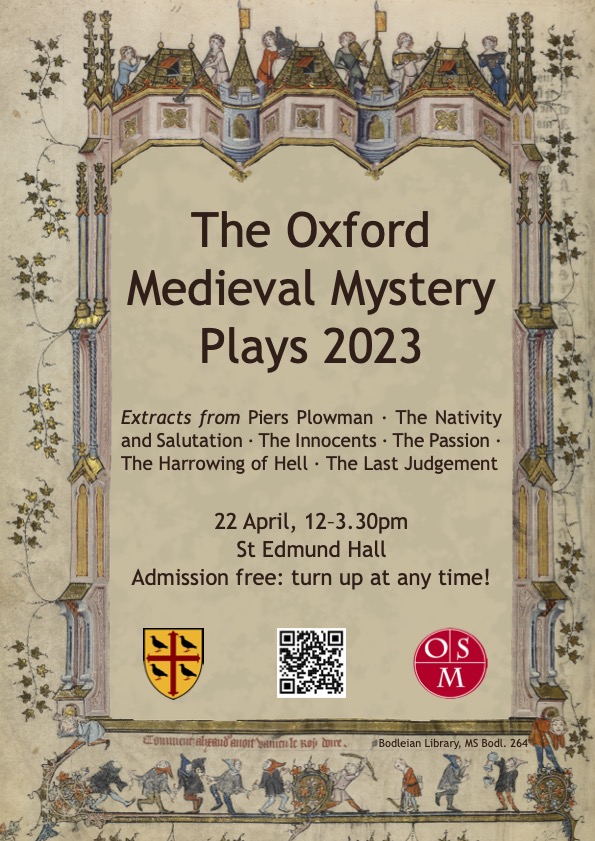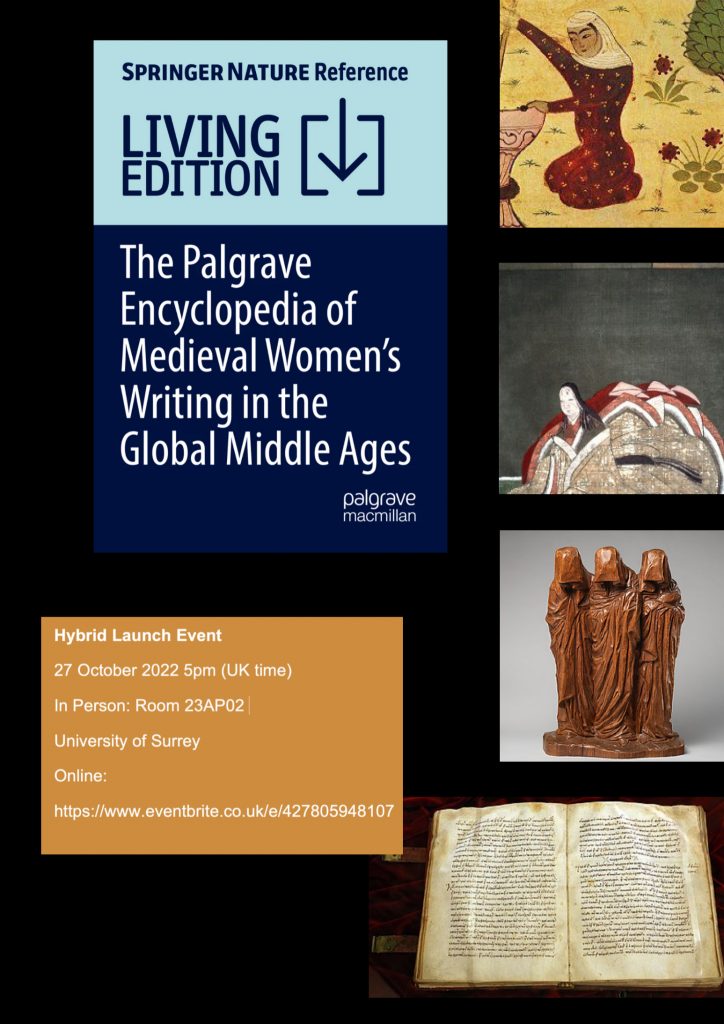‘Poem, Story, and Scape in the work of Kevin Crossley Holland’: An exhibition in the Old Library of St Edmund Hall
Open to the public on Monday 24 and Friday 28 October from 10:00-16:00
Or by appointment: Library@seh.ox.ac.uk
This exhibition explores the work of Kevin Crossley-Holland, Honorary Fellow and alumnus of St Edmund Hall, prize-winning children’s author, translator, poet, librettist, editor and professor. Kevin engages creatively with language and poetry, place, history and legend. He captivates us by telling stories deeply rooted in past cultures, which he remakes to be compellingly contemporary and relevant. For this exhibition, Kevin has generously loaned items from his private collection to add to material from St Edmund Hall’s Archives and Special Collections; we gratefully acknowledge his help.
Early in his career, Kevin established himself as a poet and as a translator and re-teller of Old and Middle English poetry, romance, and folklore for all ages, and as an enthusiastic collaborator with composers and visual artists. His Arthur trilogy has sold over one million copies worldwide and is available in twenty-six languages; it has inspired young readers to become medievalists and writers themselves. Recent works, such as Norse Tales: Stories from Across the Rainbow Bridge (2020) demonstrate how Northern European myth and legend continue to beguile him.
Kevin is passionate about how history, landscape and poetic language shape and inform one another. This exhibition explores continuities from Kevin’s childhood in how he sees, interprets, and responds to these creative stimuli. It also reveals how meticulously he researches the past to create his imaginary yet historically accurate worlds, and how carefully he crafts his poetry.
The exhibition is based on and inspired by ‘Poem, Story & Scape in the Work of Kevin Crossley-Holland’ which ran at the Stanley and Audrey Burton Gallery at the University of Leeds from 29 March— 20 August 2022, curated by Dr Catherine Batt, Senior Lecturer in Medieval Literature at the University of Leeds. Many thanks to Sarah Prescott and the University of Leeds for their generous help and support in staging this version.













